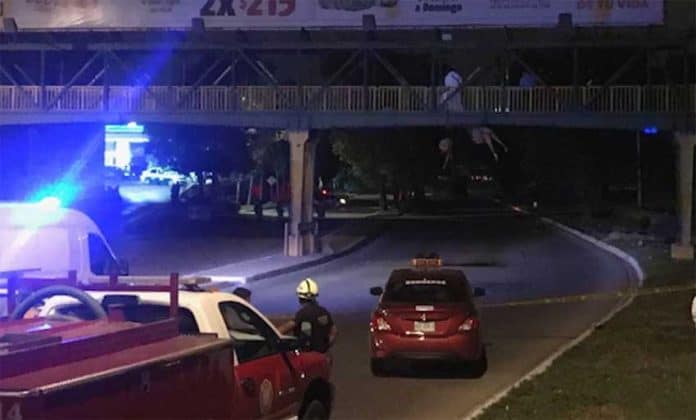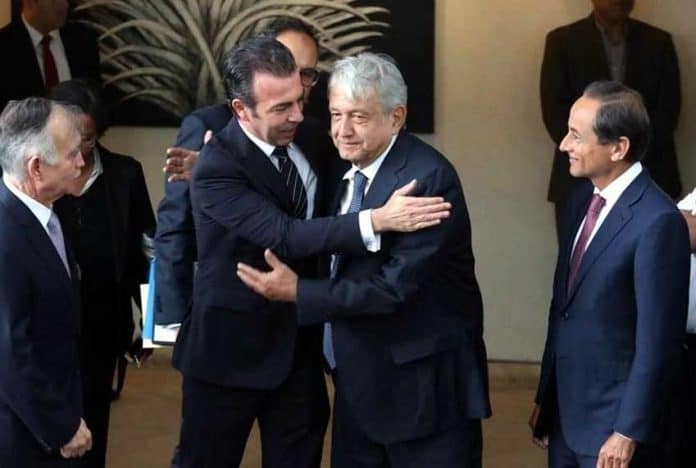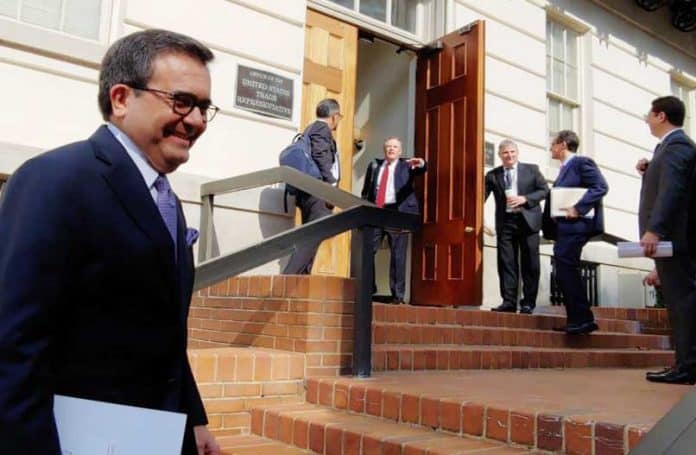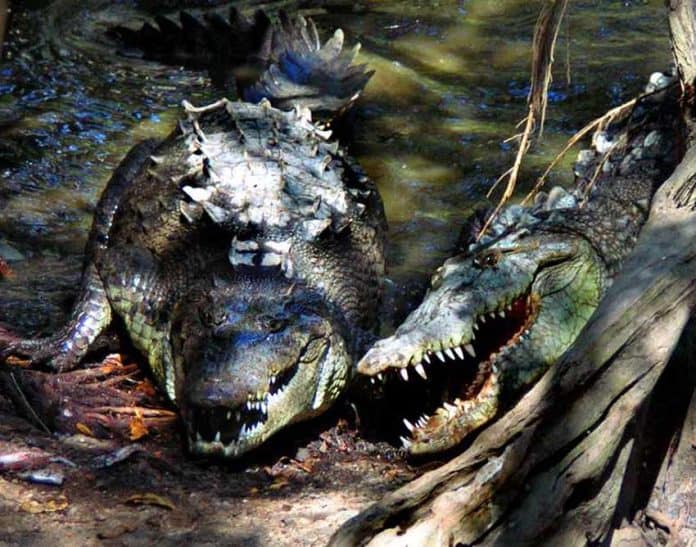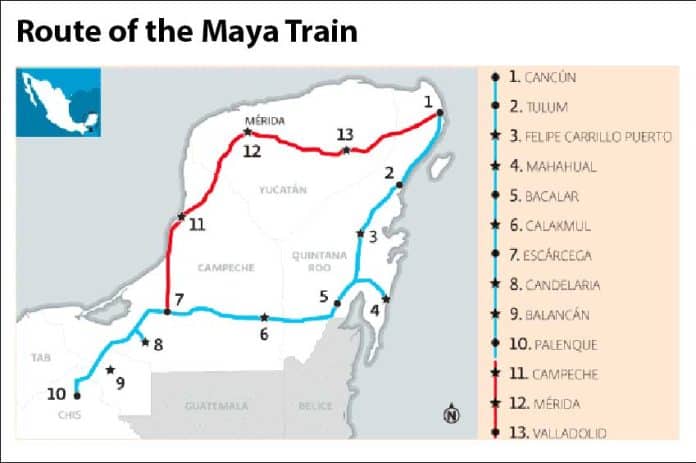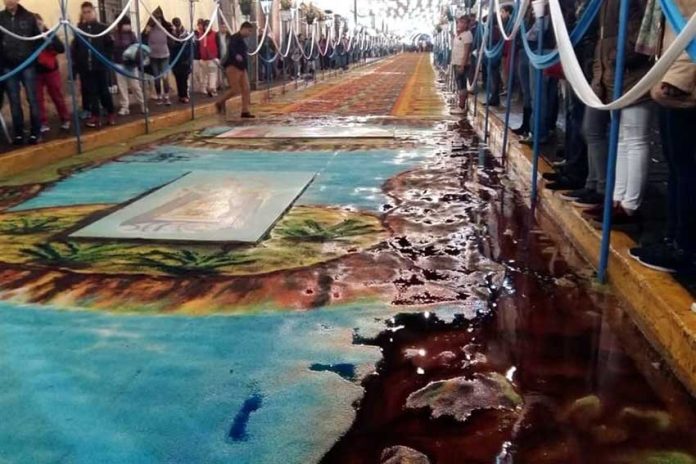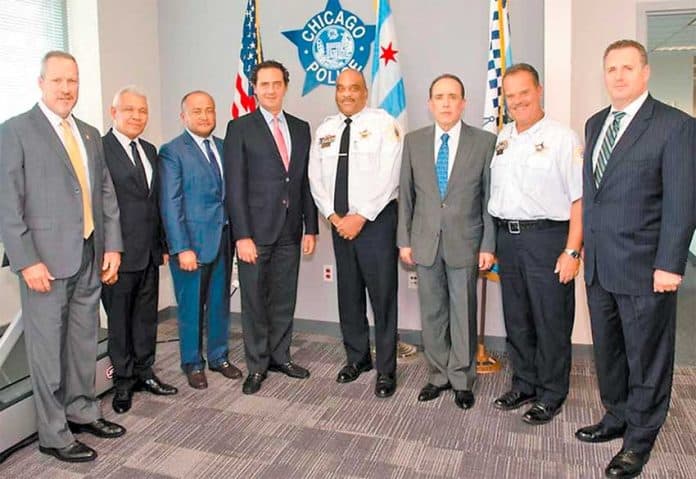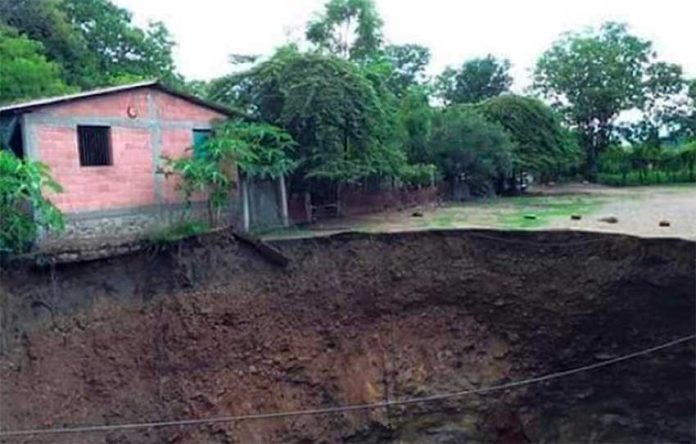The tiny town of La Manzanilla, Jalisco, is located on Mexico’s west coast, 56 kilometers northwest of the bustling port of Manzanillo, and is a place where people are used to living with crocodiles.
Cocodrilario Ejido La Manzanilla was declared an official Ramsar Wetland in 2008 after local people had been fighting for years to protect their mangroves from developers who had been systematically converting the marshland into real estate.
They were continually reducing the space supporting not only crocodiles, but a wide variety of birds, fish, mollusks, crustaceans and reptiles.
After paying a 25-peso entrance fee I stepped onto a narrow boardwalk suspended above the estuary waters. Below me, on both sides, were crocodiles of all sizes, some with names like “Pancho” who, I learned is nearly 50 years old, weighs 380 kilograms and is four meters long.
Visitors are allowed to feed the crocs here, many of which looked quite lively as they raced to gulp down a treat with a toothy grin. I had not taken more than 20 steps when I found myself face to face with a yellow-crowned night heron perched on the walkway railing.
I was amazed, as it was 1:00 in the afternoon, the very worst time imaginable for bird-watching.
The boardwalk takes you on a 650-meter circular route through the mangroves as well as through open waters, allowing you to quietly approach the natural inhabitants of the estuary. So I got to see, up close, not only crocs and iguanas, but a wide variety of water birds, including anhingas, tropical kingbirds and a white ibis.
Halfway around the route, there’s a lookout tower offering a great view of the estuary and at the end of the loop you come to a crocodile nursery where, of course, you can take a picture of yourself with a baby croc in your arms.
Here I learned that the sanctuary, which covers some 264 hectares, has a population of 400 to 500 American crocodiles (Crocodylus acutus) at the moment.
“People here in La Manzanilla are accustomed to living with crocodiles,” volunteer Gabriela Martínez told me. “Over the years, we got used to feeding the crocs just like norteamericanos might feed squirrels,” she said, and eventually just about every crocodile in the area ended up leading the good life in the little estuary or lagoon that has now become El Cocodrilario.
“Many years ago we formed an organization called Cipactli, which means crocodile in Nahuatl and after a number of years we were declared an Unidad de Manejo Ambiental, or UMA [environmental management unit] by the government.”
At that moment, I was distracted by loud shouting coming from one of several fenced-in enclosures. While the great majority of the crocs at the Cocodrilario are completely free to come or go, a few “trouble-makers” have been brought in from other areas and are kept locked up.
I went to check out the commotion and found out an egg rescue was in operation. “A female has just laid several eggs and the others are trying to eat them,” we were told.
The rescue required two people to “distract” the cannibalistic crocs while another fished out the eggs with a net at the end of very long pole. A group of wide-eyed children then carefully carried the eggs to a protected, sandy area where they were buried by other volunteers.
“These eggs will hatch in about 90 days,” I was told by Francisco Pérez Mendoza, one of the founders of Cipactli.
Near him there was a sign warning people not to let their dogs near the crocodiles. I had heard before that crocs are particularly fond of dogs (as a snack) and I asked Don Francisco if it was true.
He laughed. “It’s absolutely true,” he said with a sparkle in his eye, “and we even have a legend about this. You know that crocodiles have no tongues, right? Well, a long, long time ago, the legend says that the first crocodile did have a nice long tongue, while the first dog had a very short one.
“Then one day, Dog went up to Croc and told him that he wanted to borrow Croc’s long tongue for a while, so he could go to a certain far-away place to drink the delicious water there.
“‘No!’ said Croc, but Dog insisted and insisted again and again. Finally, Croc relented, ‘but only if you solemnly promise you’ll return my tongue to me afterward,’ said Croc. Well, Dog went off and really enjoyed lapping up the water with that nice, big, long, new tongue. And that was the last Croc ever saw of him. In fact, to this day, no crocodile has a tongue, but whenever they get a chance to gobble up a dog, they never hesitate.”
Afterwards I discovered that this story is very ancient and variations of it are part of the folk lore of many peoples, from the Guajiros of South America to the Buras of northeast Nigeria. I also learned that crocodiles do have tongues but they’re hard to see.
According to the Crocodilian Biology Database, the back of the tongue has been modified into a palatal valve which closes when the reptile is underwater. This means crocodiles can bite all they want while immersed, but must surface in order to swallow their food.
Still curious as to why the local people had gone to so much trouble to protect and feed crocodiles, I approached another old-timer minding a table covered with knickknacks.
“It’s not just the crocodiles we’re trying to protect,” commented Don José García. “You see, some years ago we noticed a dramatic increase in wild birds and animals like possums, pumas, raccoons and badgers in this lagoon and we wondered why this was happening, why so many usually reclusive animals were now coming here.”
García and others discovered that land development projects were uprooting the local mangroves and reclaiming the swamp land. “Millionaires were buying up the land and destroying the natural habitats of these birds and animals and the more we looked, the more construction projects of this sort we discovered.
[wpgmza id=”55″]
“We came to the conclusion that this estuary of ours may end up being the last refuge for all kinds of creatures that no longer have any place to go. That’s what was on our mind and today, gracias a Diós, we are a Ramsar site and we’re getting a lot of help and support from biologists and conservationists.”
The sanctuary is open daily from 9:00am to 7:00pm, telephone 315 351 5296, and is on Facebook. It can be reached by toll road from Guadalajara in about four hours and Google Maps lists it as Cocodrilario La Manzanilla, Jalisco.
The writer has lived near Guadalajara, Jalisco, for more than 30 years and is the author of A Guide to West Mexico’s Guachimontones and Surrounding Area and co-author of Outdoors in Western Mexico. More of his writing can be found on his website.
[soliloquy id="58985"]
